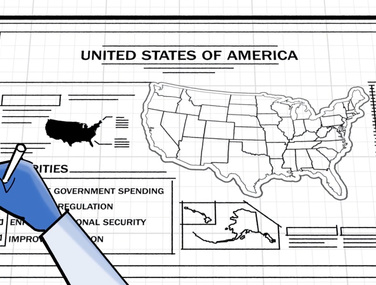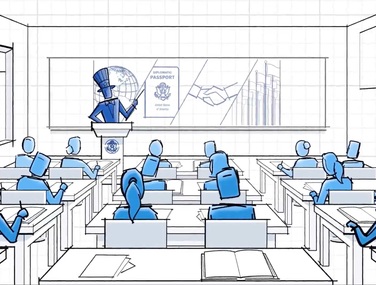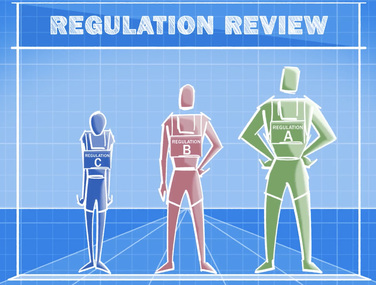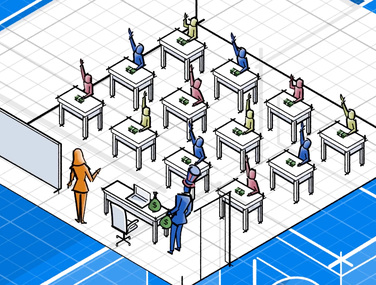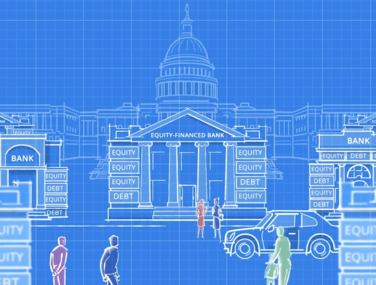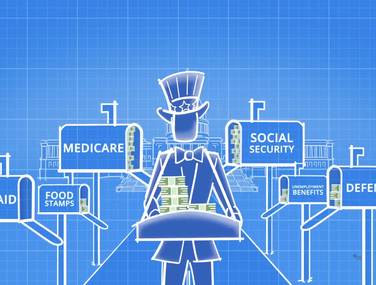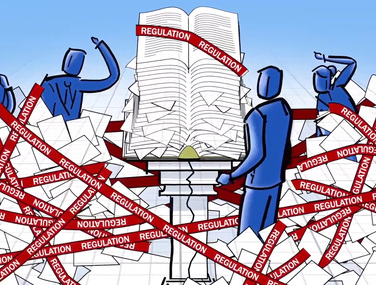Answering Challenges to Advanced Economies
Environment
Health Care
National Security

Blueprint for America
The American ability to inspire--which we call exceptionalism--is not automatic. It takes continued efforts to be realized in a changing world. In this series, scholars at the Hoover Institution--professors, thinkers, and practitioners of global renown in their respective fields--offer a series of accessible policy ideas for civic, economic, and security architecture that would shore up the long-term foundations of American strengths.

